

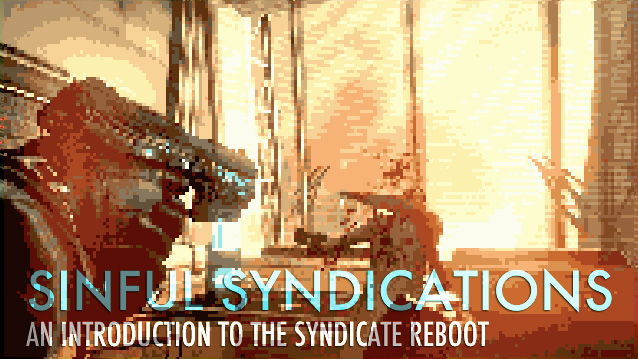
Starbreeze is a studio that a few years ago came out of nowhere and took the gaming world by storm. After the competent but rather forgettable few games (seriously, who really remembers Enclave and Knights of the Temple?) they took center screen when none other than Vin Diesel himself and his very own game company Tigon took to them for producing the Chronicles of Riddick spinoff Escape from Butcher Bay back in 2004.
Butcher Bay proved Starbreeze to be very versatile developers with a keen eye for style. The game featured an art direction and presentation that made it look and feel like a walk-in Heavy Metal comic book, or an very gory art movie starring Vin Diesel and Xzibit. Also, Butcher Bay proved to be the exception to the rule that all games based on movies were crap. Of course, Butcher Bay wasn’t really based on any movie, since it represents a standalone entry to the Riddick universe, but still. It was an outstanding game. And that’s before taking into account that the player gets to embody Riddick, voiced by His Dieselness himself, thereby being something like the ultimate in adolescent power fantasies of mid-00 males.
Riding high on the critical and commercial success of Butcher Bay, Starbreeze moved on to making The Darkness, a game again based on a franchise, namely that of the comic book series by the same name. Stylistically, the Darkness is just as “artful” as Riddick was (if not more) and even gorier. Again featuring a stellar voice cast, some neat, seamless switches in gameplay and an emotional, well told plot, The Darkness managed to establish that Starbreeze really had what it takes to make some damn good videogames.
After that, the Swedish studio returned to the universe of Riddick again, creating a semi-expansion to Butcher Bay with Escape from Dark Athena, which included an HD upgraded Butcher Bay for the now current gen consoles, and further established that unique Starbreeze touch. That was in 2009. Then things got quiet about the gore loving Swedes.
A year later, EA filed a trademark for a new Syndicate title. Some time after that, rumors started floating around the web, that Starbreeze’s “Project RedLime” was to become that new entry to the venerated strategy game. In a slow trickle of rumors and news, it was then revealed that Starbreeze was indeed working on Syndicate, and that it wouldn’t be any kind of sequel, but rather a complete reboot as a first person shooter, having little but the very core thematic concepts in common with the old series.
Personally, I have to admit shamefully to never having played any of the older Syndicate titles. Also, I tend to keep an open mind when it comes to such things as reboots and re-imaginings, so I never had any kind of problem with Syndicate becoming an FPS. Starbreeze had more than proven that they know the FPS trade well enough to do amazing things here, so my hopes were indeed quite high.
Early gameplay footage would show what was to be expected. A gory shooter with viscous execution moves, tons of virtual blood and oozing with style.Early gameplay footage would show what was to be expected. A gory shooter with viscous execution moves, tons of virtual blood and oozing with style. No surprises there. In time, news got around that Starbreeze would equip the player with a bunch of “chip powers” to “hack” enemies on the fly, as was demonstrated by more gamplay videos. So far, it seemed Syndicate could easily shape up to be a very interesting take on the ‘superpowered’ FPS genre with a lot of really fancy art direction to go along with.
On the writing side, hopes also soared for an outstanding title, since EA announced having gotten critically acclaimed sci-fi scribe Richard K. Morgan for the writing duties on this game. Morgan, who’s super-hardboiled futurepunk novels rank among my favorites in science fiction, was a nobrainer here. Syndicate is an old cyberpunk classic, a genre where Morgan has proven time and again to be very much at home. And even if the common agreement on Crysis 2’s story - which Morgan also had penned - is, that it’s rather weak and uninteresting, I couldn’t quell my high hopes for him getting it right this time. Crysis 2 had it’s really awesome Morgan-esque moments, hidden beneath all the rubble. The problem of that game’s story was not that it was weak per se, but rather that the story was poorly implemented into the game as a whole, which wasn’t necessarily the writer’s fault.
Things looked pretty good and interesting before the launch of Syndicate. After the slow first month of the year, I was convinced that despite all the naysaying about it now being just another FPS cash-grab by a big publisher, that this reboot would turn out to be one of this year’s better titles.
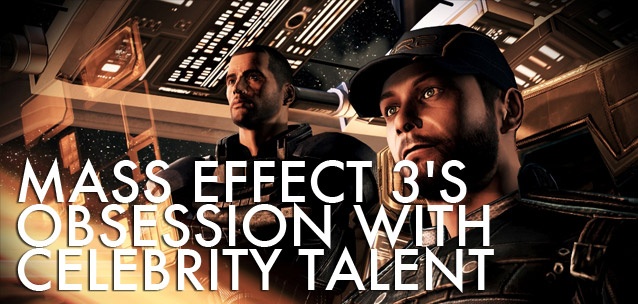
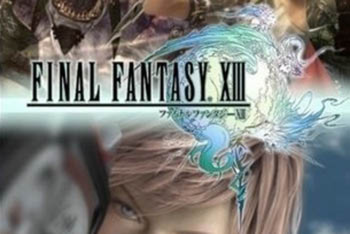

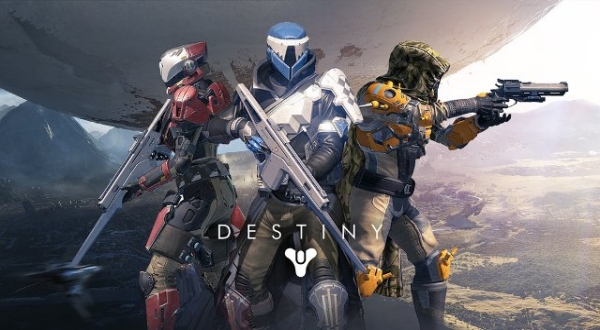
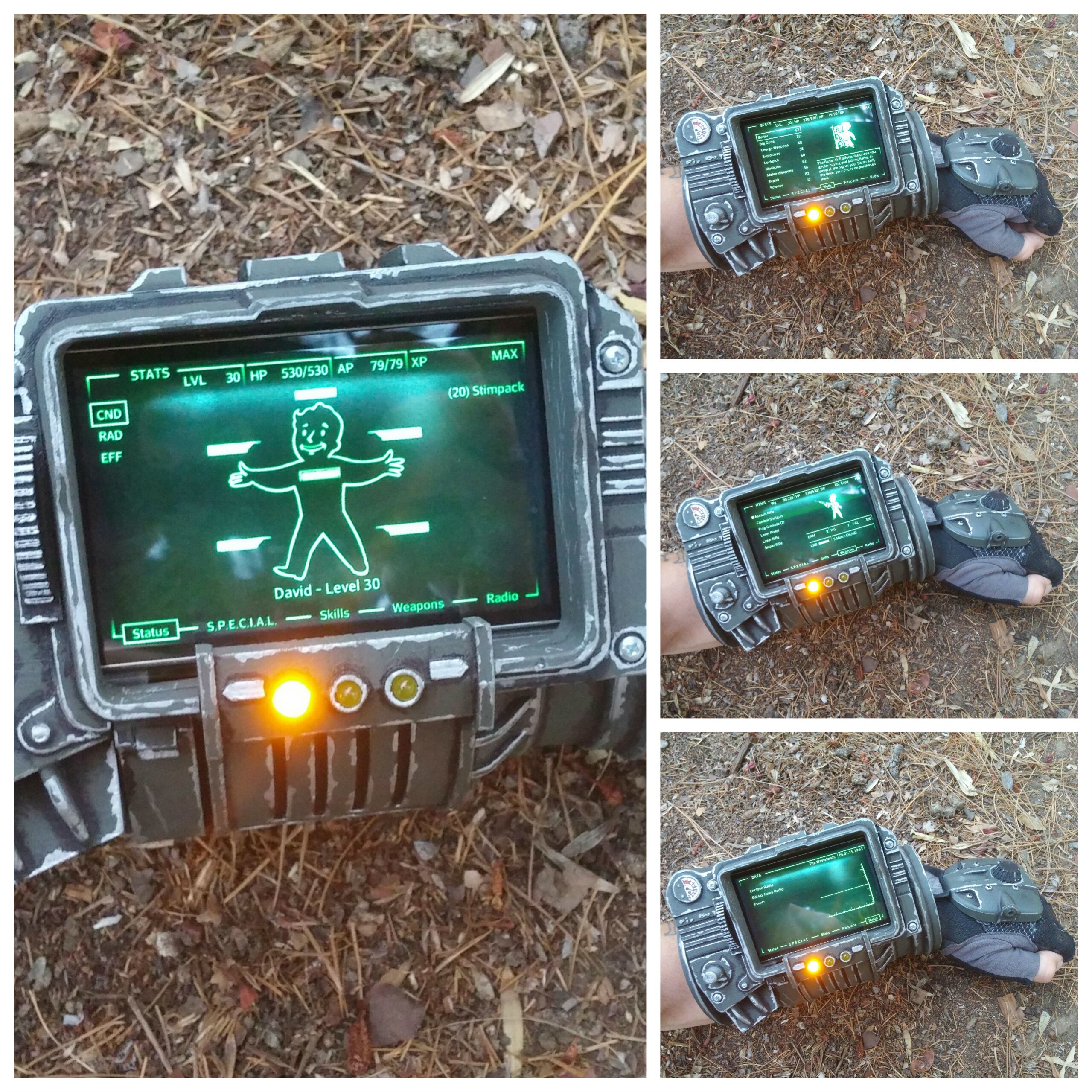 Fallout Inspired Props Galore with Propmaker David Broido
Fallout Inspired Props Galore with Propmaker David Broido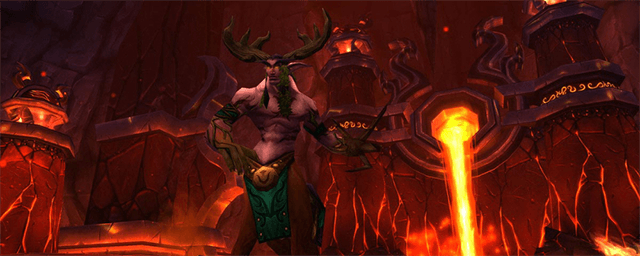 Is It Illegal To Play World of Warcraft On A Private Server?
Is It Illegal To Play World of Warcraft On A Private Server?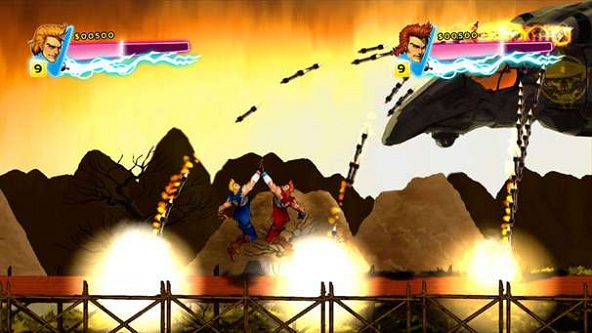 Double Dragon: Neon Walkthrough
Double Dragon: Neon Walkthrough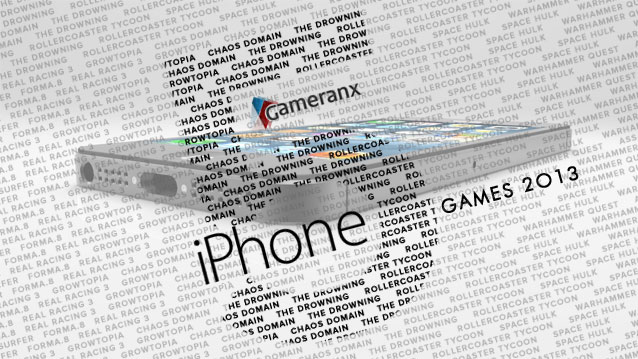 Top 10 iPhone 5 Games of 2013
Top 10 iPhone 5 Games of 2013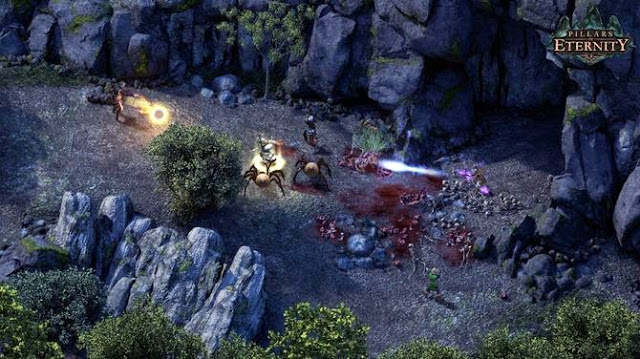 Pillars of Eternity (PC) beginners guide
Pillars of Eternity (PC) beginners guide